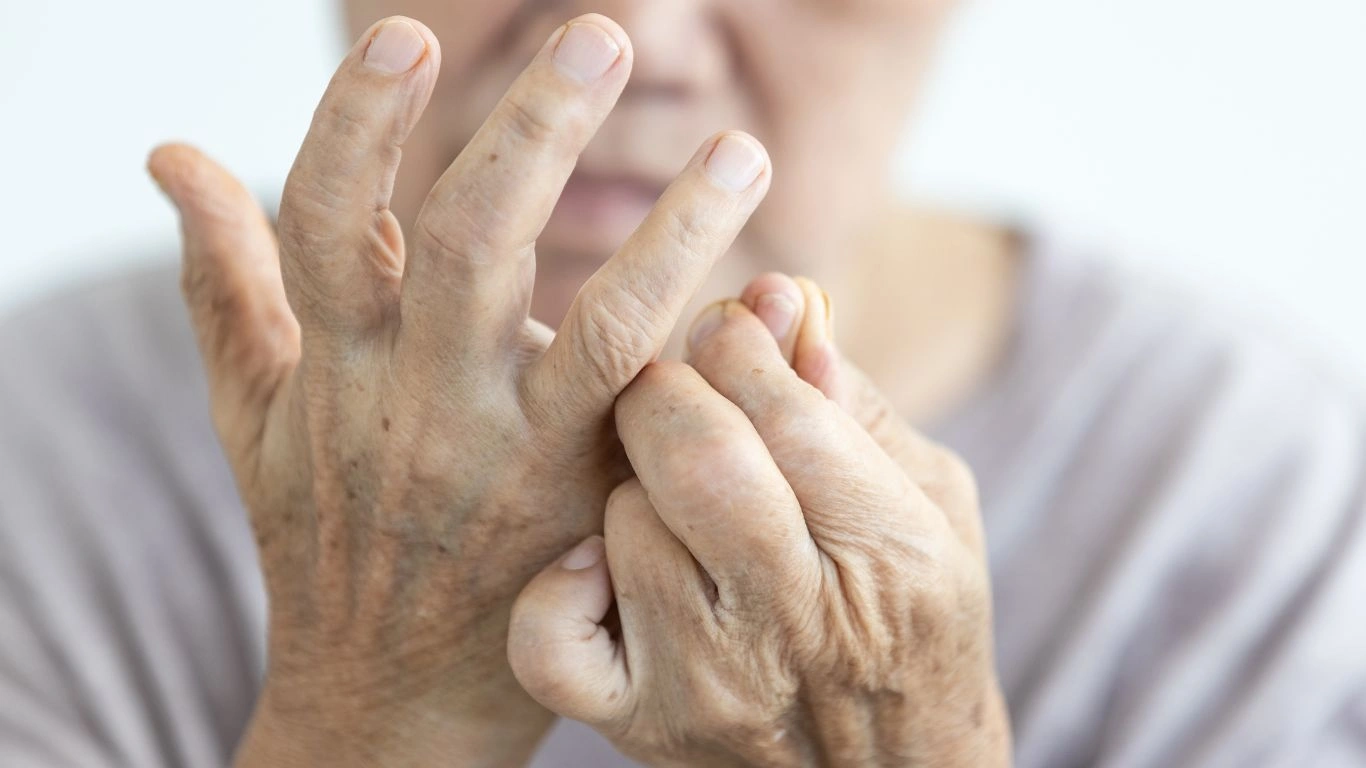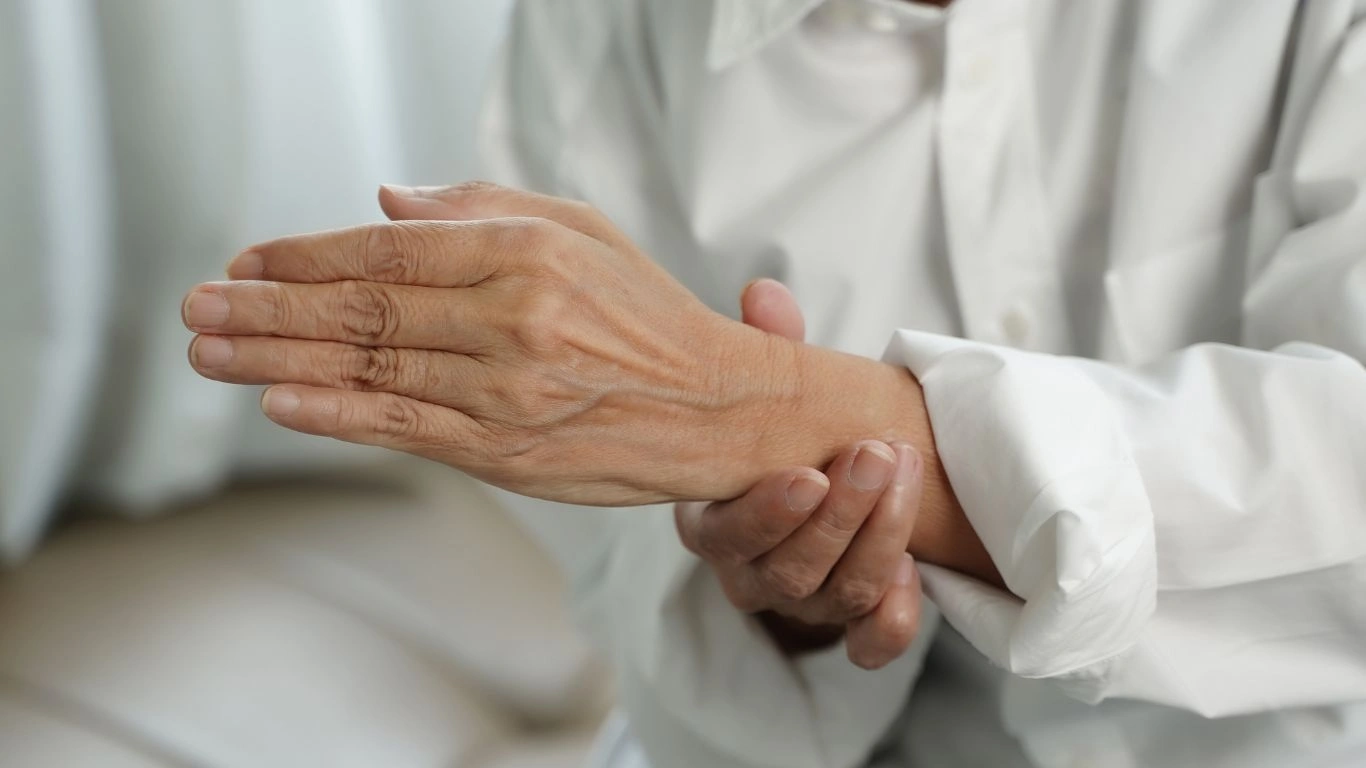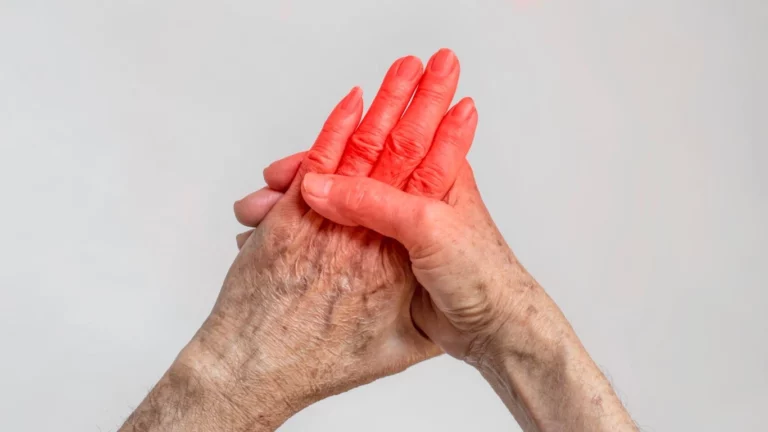Rheumatoid Arthritis and Social Support Networks: How Connections Can Improve Your Health
Living with rheumatoid arthritis (RA) can feel overwhelming at times, but one thing that can help make the journey a little easier is having a strong social support network. Whether it’s family, friends, or a community of people who understand your experiences, these connections can improve both your emotional and physical health. Let’s dive into why social support networks matter so much when dealing with rheumatoid arthritis.
If you’re dealing with rheumatoid arthritis (RA), you’re probably familiar with the physical and emotional challenges it can bring. The pain, stiffness, and fatigue are tough enough, but it can also take a toll on your mental well-being. One of the best ways to cope with all these ups and downs is through a solid social support network. That means having people around you who offer emotional, physical, and even practical support as you navigate life with RA. In this article, we’re going to talk about the key benefits of social support networks for people with rheumatoid arthritis, and how they can make a huge difference in managing the disease.
Why Social Support Matters for RA Patients
Having rheumatoid arthritis often means dealing with flare-ups, daily symptoms, and the stress of managing medications and doctor’s appointments. That’s where your social circle comes into play. A good support system can help lift your spirits, reduce feelings of isolation, and provide practical help when you need it most. But it’s not just about having someone to vent to – social support is also tied to better health outcomes, both mentally and physically.
Here’s why social support networks are so important for RA patients:
- Emotional Comfort: Chronic illness can be isolating, and it’s easy to feel like no one truly understands what you’re going through. Having friends and family who listen, offer empathy, and just “get it” can help alleviate feelings of loneliness. Social support provides a much-needed outlet to express frustrations and concerns in a safe, understanding space.
- Reduced Stress: Research shows that people with strong social connections experience lower levels of stress. Since stress can worsen RA symptoms, having a supportive group to turn to when things get tough can be a game-changer. These connections help lower your stress levels and improve your coping mechanisms.
- Increased Motivation: Whether it’s sticking to an exercise routine or taking your medications on time, social support can encourage you to follow through on healthy habits. Supportive friends or family can help you stay motivated and remind you of the things you need to do to manage RA effectively.
- Better Mental Health: Chronic illness like RA can take a toll on your mental health, leading to depression and anxiety. Having a strong support network can help buffer these effects. It’s been shown that emotional support from others can improve mood, reduce feelings of sadness, and even decrease the risk of developing depression.


Types of Social Support Networks for RA Patients
Not all support systems are the same, so it’s important to find what works best for you. Here are a few types of support networks that can make a big difference:
- Family and Friends: These are the people who know you best and can provide both emotional and practical support. They can offer help with daily tasks, cheer you on when you need motivation, and provide a shoulder to lean on during tough times.
- Support Groups: Joining a support group for RA patients is an amazing way to connect with others who truly understand what you’re going through. Whether it’s in person or online, support groups can provide a sense of community and offer valuable tips on coping with symptoms and managing the disease.
- Healthcare Providers: Your doctors, nurses, and physical therapists are a critical part of your support system. They provide expert advice, monitor your progress, and ensure that you’re getting the best care possible. Building a trusting relationship with your healthcare team can go a long way in managing RA effectively.
- Online Communities: In today’s digital world, online communities are a great way to connect with others who have RA. There are countless forums, Facebook groups, and even Instagram pages where you can find others who are living with the condition. These online spaces allow you to share experiences, ask questions, and offer support to others who understand the daily realities of RA.

The Positive Effects of Support on RA Symptoms
Studies have shown that patients with strong social support tend to report less pain and better physical functioning than those who feel isolated. Having people around you who encourage you to stay active, eat well, and stay on top of your treatment plan can help improve overall quality of life. When you feel supported, you’re more likely to stick to your health regimen and take better care of yourself.
Let’s look at some research:
A 2020 study published in the Journal of Rheumatology found that RA patients with strong social support networks reported less pain, fewer physical limitations, and better emotional well-being compared to those who had limited support. Another study found that emotional support was linked to fewer hospitalizations and better adherence to treatment plans. It’s clear that having a network of people who care can make a real difference in managing the disease.
How to Build Your Support Network
If you’re feeling a bit isolated or don’t have a strong support system right now, don’t worry! There are plenty of ways to build one:
- Reach Out to Friends and Family: Let your loved ones know what you’re going through. Sometimes, people don’t know how to help unless you speak up. Be open about your needs, whether it’s someone to talk to, help with chores, or just a hug when you’re feeling down.
- Join a Support Group: Look for local or online RA support groups. These groups provide a sense of belonging and often give you the chance to learn from others’ experiences. Plus, you’ll find people who truly understand your struggles.
- Talk to Your Doctor: Your doctor is a great resource for connecting you with support groups or other people who can help. They may even recommend therapists or mental health counselors who specialize in helping patients with chronic conditions.
- Be Active in Online Communities: The internet has a wealth of online forums, groups, and social media pages dedicated to RA. By engaging with others in these spaces, you can exchange stories, find emotional support, and share advice on living with RA.

Conclusion
Rheumatoid arthritis is no walk in the park, but having a solid social support network can make all the difference in how you cope with the challenges. Whether it’s family, friends, or an online community, the people around you can help reduce stress, boost your mental health, and keep you motivated to manage your symptoms. So, if you haven’t already, it’s time to build your support system and take advantage of the power of connection.
Appendices
5 FAQs About RA and Social Support
- Can social support really reduce RA symptoms? Yes, studies show that strong social networks can lead to less pain, better physical function, and improved mental health for RA patients.
- How can I find a support group for RA? You can find support groups through online platforms like Facebook, or websites like the National Rheumatoid Arthritis Society. Your healthcare provider might also know about local groups.
- Does emotional support from family help with RA? Absolutely. Emotional support is crucial for reducing stress and feelings of isolation, which can help manage RA symptoms.
- What role does online support play in managing RA? Online communities offer valuable emotional support and practical advice from people who share your experiences. They’re a great way to stay connected, especially if you don’t have a local support system.
- How can I help my loved one with RA? The best way to support someone with RA is to listen, offer help with daily tasks, and be patient with their needs. Sometimes, just being there can make a huge difference.
References
- National Rheumatoid Arthritis Society. (2023). Emotional Well-being and RA. Retrieved from https://www.nras.org.uk
- American College of Rheumatology. (2021). Support Networks for Chronic Illness. ACR Report, 49(2), 101-105.
Disclaimer
The information provided in this article is for educational purposes only and should not be considered as medical advice. Always consult with your healthcare provider for advice tailored to your specific condition.

Tarra Nugroho is a dedicated Nurse Practitioner with a strong foundation in family and preventive care. She brings both compassion and clinical expertise to her practice, focusing on patient-centered care and health education. As a contributor to Healthusias.com, Tarra translates medical knowledge into clear, empowering articles on topics like women’s health, chronic disease management, and lifestyle medicine. Her mission is simple: help people feel seen, heard, and informed—both in the clinic and through the content she creates. When she’s not caring for patients, Tarra enjoys weekend hikes, plant-based cooking, and curling up with a good health podcast.







